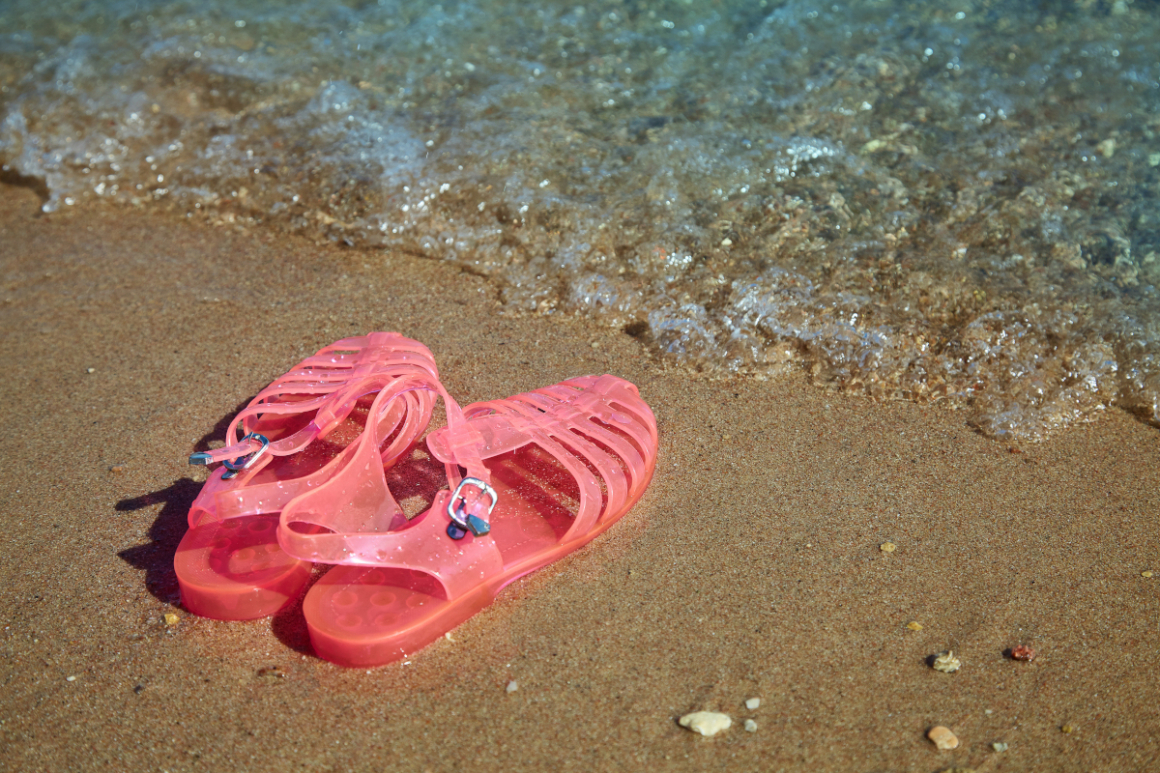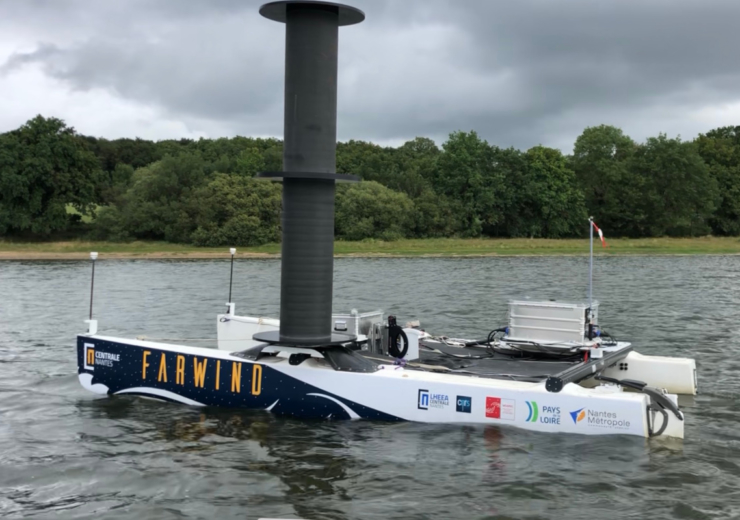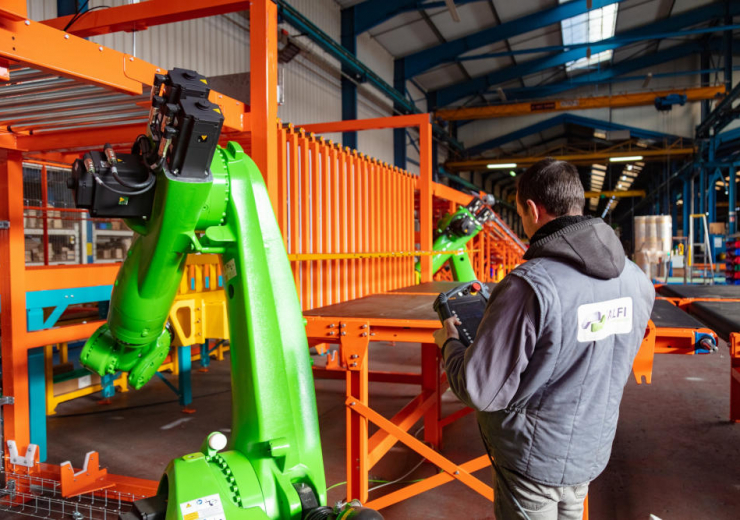A typical childhood memory of holidays near the beach climbing the rocks was with the iconic sandal Méduse (jellyfish) which will become ecological by 2023. That’s the goal initiated by the 75 year-old brand, which has been part of the Atlantic France group Humeau Beaupréau since 2003. Soon, the plastic “jelly shoe” will be recycled, and other products of the manufacturer will follow.
Popularised in the sixties, a rising star in the eighties and back in fashion ten years ago, the Méduse is an iconic shoe. Designed in dozens of colours and models with two annual collections, it has also been developed in new bold designs such as boots.
500,000 sales per year and international success
Since 2003, the brand has belonged to the Humeau Beaupréau group. Located in Atlantic France, at the heart of the fashion and textile industry region of Les Mauges (Maine-et-Loire) the family-owned group hires 130 employees.
Supporter of “made in France”, Humeau Beaupréau has been relocating the majority of its production to its historical fabrication site in Atlantic France, even though many competitors choose to produce with cheaper workforces in Asia.
Despite many forgeries and copycats, more than 500,000 Méduse shoes are sold worldwide every year. 20% are exported all over the world, in particular to Japan and South Korea. In 2020, about 10% of the company’s €23 million turnover came exclusively from the brand Méduse.
Shoe material that can be recycled up to 7 times
The sandal is molded in one piece by PVC injection (recyclable and cost-efficient material). The plastic used has an average lifetime of 15 years, and it can then be recycled about seven times. Humeau Beaupréau therefore decided to develop the recycling of their products.
12 to 18 months of semi-industrial tests have been programmed with Refashion Eco TLC, the eco-organism of the textile industry. Products will be collected from a dozen retailers to clean and value the material.
The objective is twofold: to recycle the famous jelly shoe by 2023 and, in the long term, to apply this valuable method to other PVC products of the company’s brands such as Baudou (working and security shoes) and Umo (boots and garden shoes).


 日本語
日本語  Français
Français 



